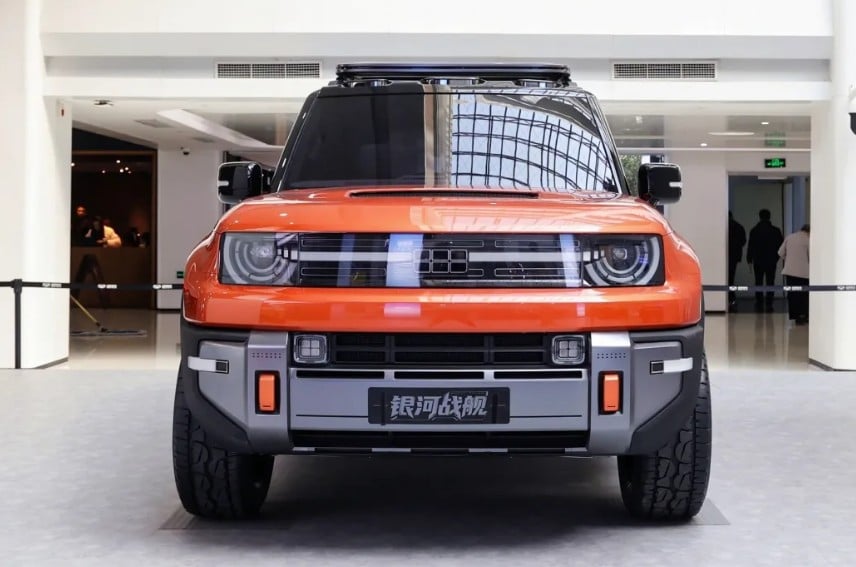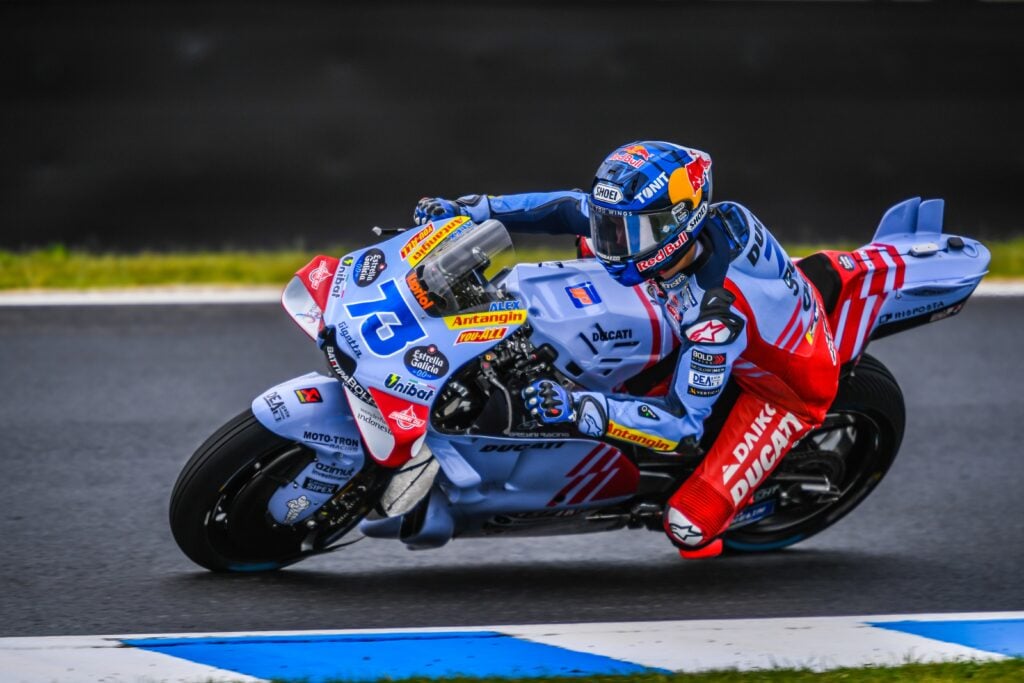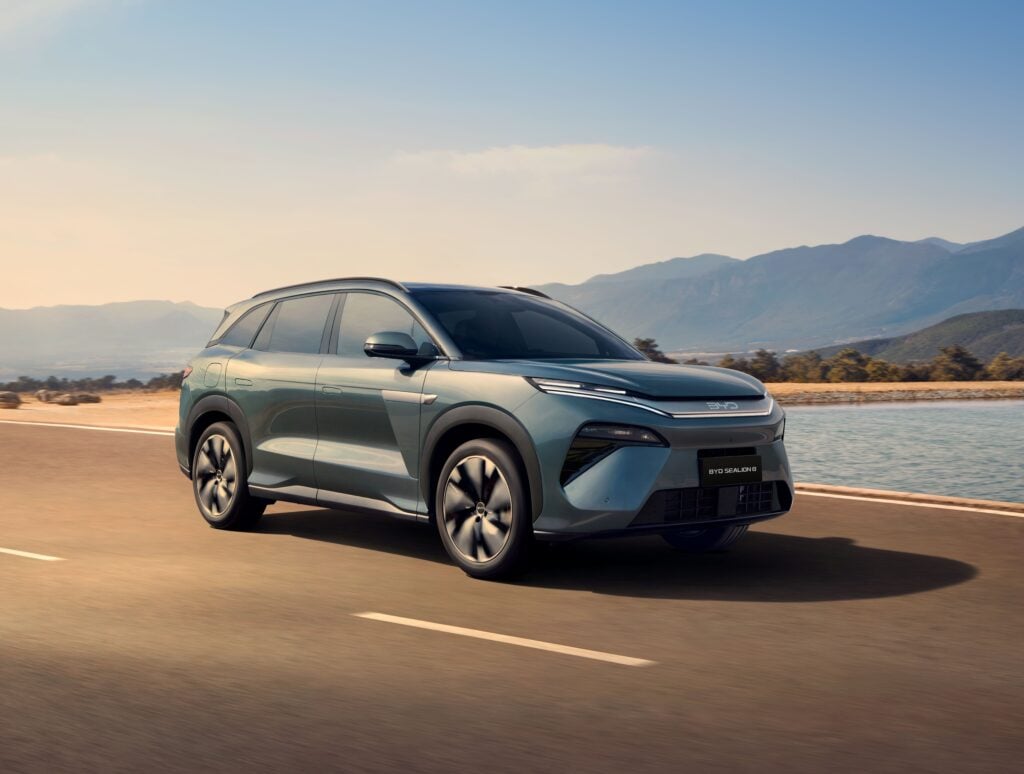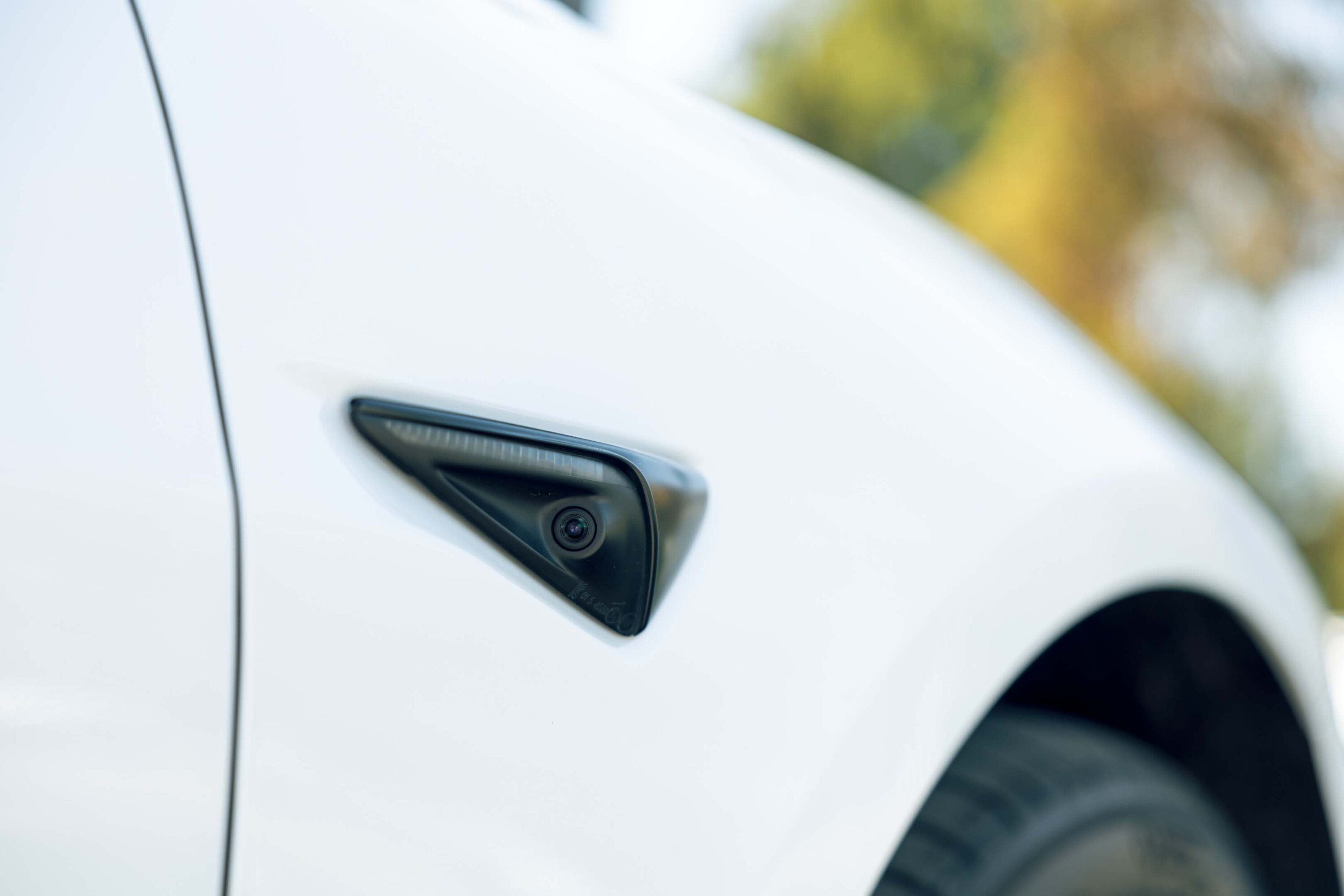
Analysts predict Tesla’s new ‘Dojo’ image-learning supercomputer could boost the electric car company’s market value by almost AU$1 trillion.
Snapshot
- Morgan Stanely predicts Teslau2019s new supercomputer will drive up companyu2019s value
- Only uses Tesla ownersu2019 video recordings to train Full-Self Driving Beta
- Will ditch 300,000-plus lines of code
The prediction comes from financial firm Morgan Stanley [via Reuters ↗] – which catalysed a 10 per cent spike to Tesla’s stock price overnight, adding more than AU$100 billion to its market valuation, according to Markets Insider [↗].
What is Tesla Dojo?
Tesla’s Dojo supercomputer only uses video data recordings from Tesla owners’ real-life driving situations to train its machine-learning model and improve its camera-only ‘Tesla Vision’ safety assistance systems. The camera-only Dojo will ditch 300,000-plus lines of code.
Ultimately, it aims to fast-track the development of the company’s full-self driving (FSD) beta software, which will be enabled when it’s updated to version 12.
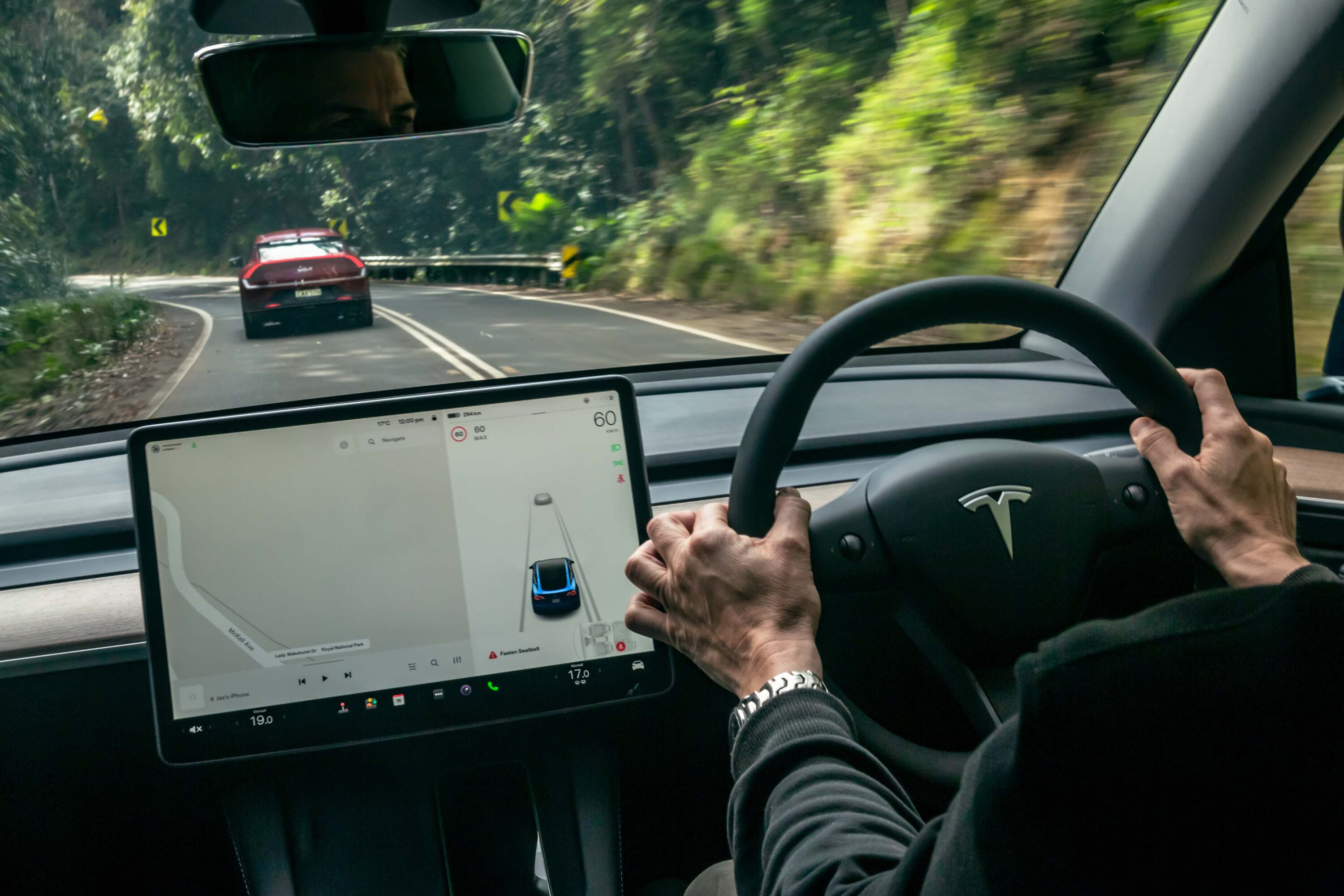
Production of the Dojo supercomputer started in July and Tesla’s chief executive Elon Musk live-streamed a demonstration on X last month teasing the human-like driving behaviour of the new image-based learning model.
Tesla plans to spend more than AU$1.5 billion in the next year on Dojo and Morgan Stanley analysts predict it could open up revenue opportunities for the company beyond selling electric vehicles and energy products.
The company hovered around AU$400 per share last week and is currently trading at about AU$426.
Despite selling globally-popular electric vehicles, Tesla’s profits have reportedly mostly come from selling carbon offset credits to other automakers, its public Supercharging network, and energy business.
In April, Reuters [↗] revealed groups of Tesla employees internally shared invasive and private videos of recordings from owners’ cars.
They were allegedly part of the FSD Beta team, where data image labellers – who train the software to detect objects and signs – could access customer vehicle recordings.
FSD Beta has been available since late 2020 in North America – but has been under scrutiny from regulators as it may ‘act unsafe’.
The company has long claimed an ‘imminent’ full autonomous driving future, with so-called ‘robotaxis’ transporting passengers.
In Australia, new and existing Tesla electric vehicle owners have the option to purchase a ‘Full Self-Driving Capability’ software package for $10,100 – but only ‘promises’ FSD.
We recommend
-
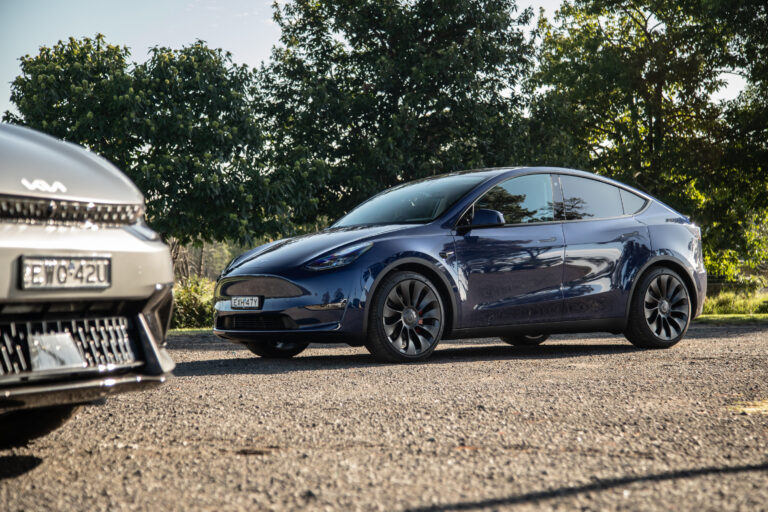 News
NewsModel Y goes #1 globally, just as Tesla suffers another data leak
The Model Y has become the first EV to be the best-selling car globally, but the company is facing major privacy concerns.
-
 News
NewsTesla allegedly suppressed driving range complaints in the US, cancelled service appointments
Tesla has been accused of deliberately attempting to suppress customer complaints of poor real-world range results in the US.
-
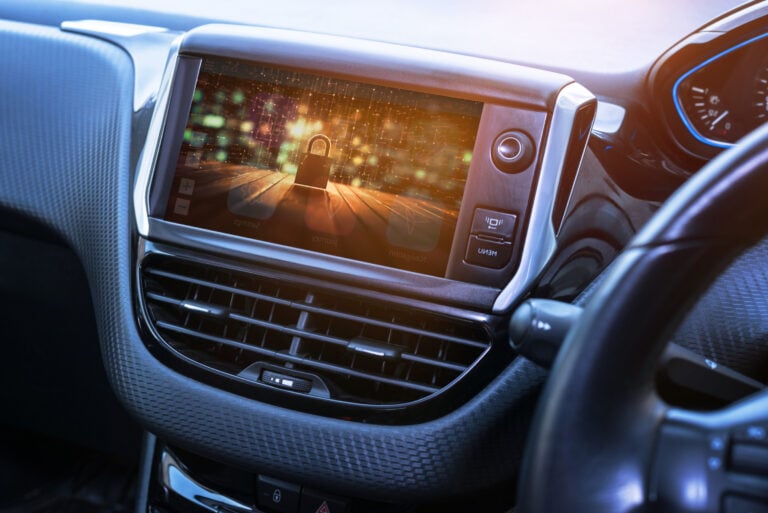 News
NewsCarmakers can sell your data – even your sex life
Shocking new research into the largely unregulated world of vehicle data collection shows how exposed the average consumer is


